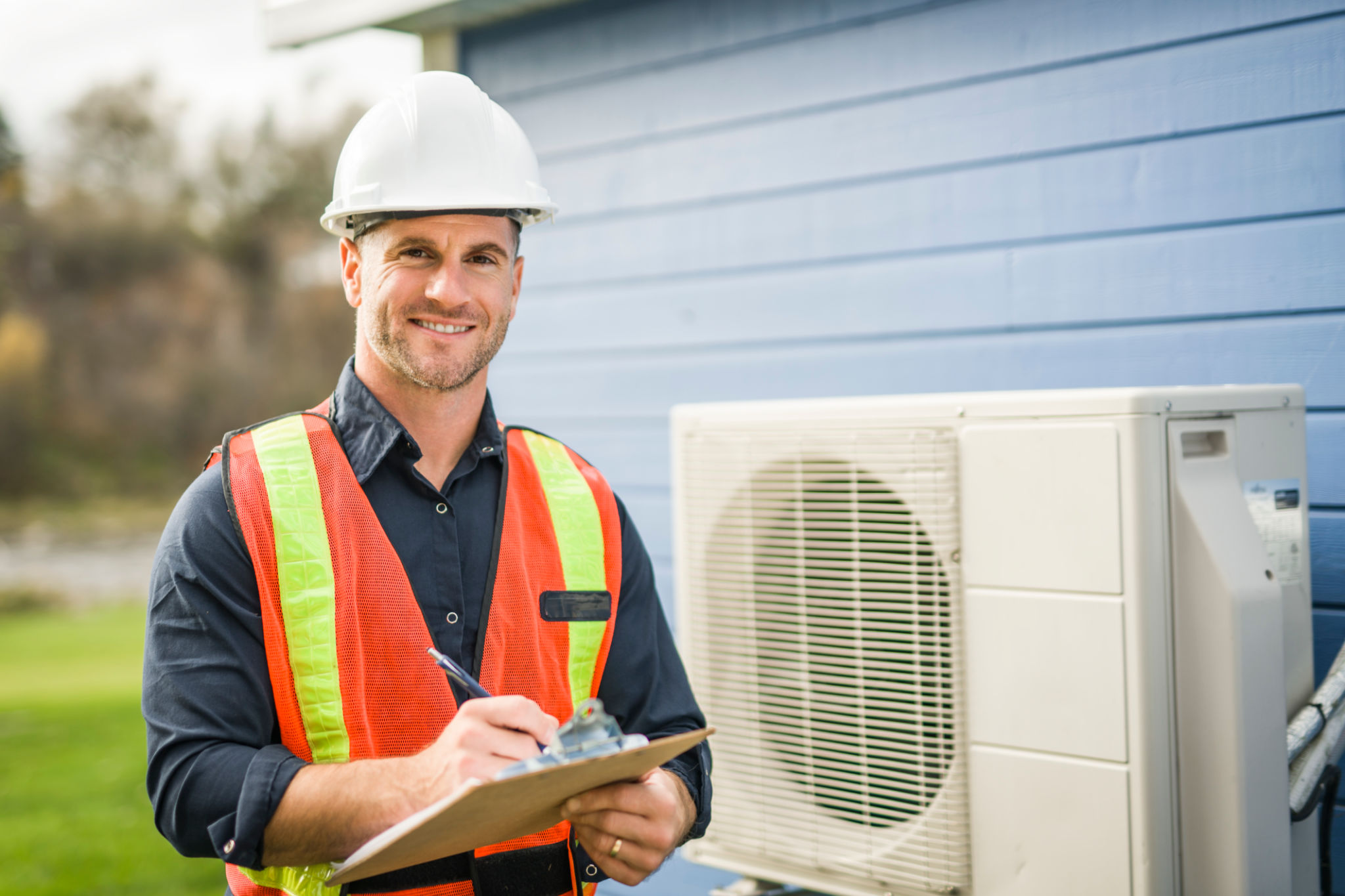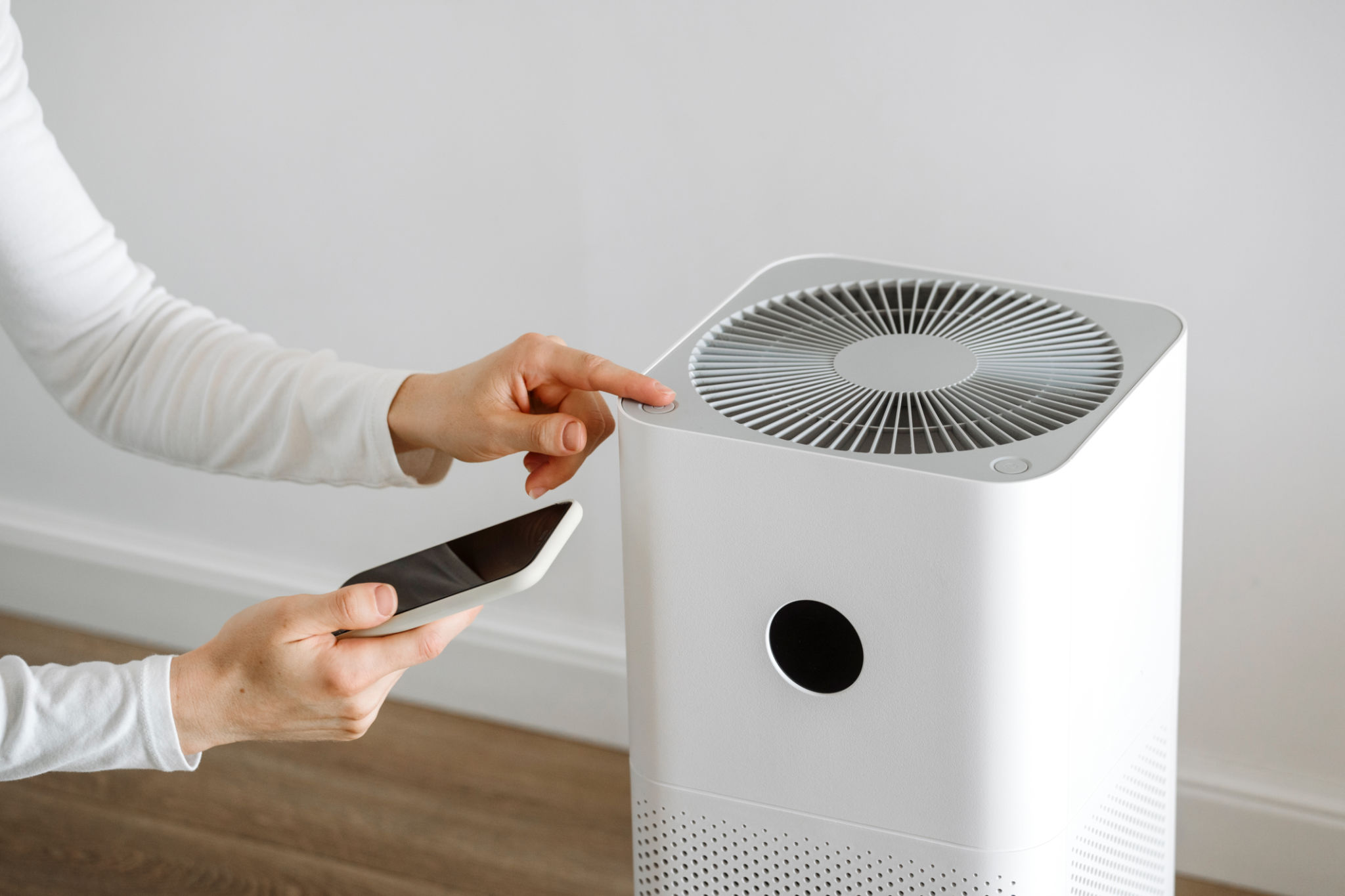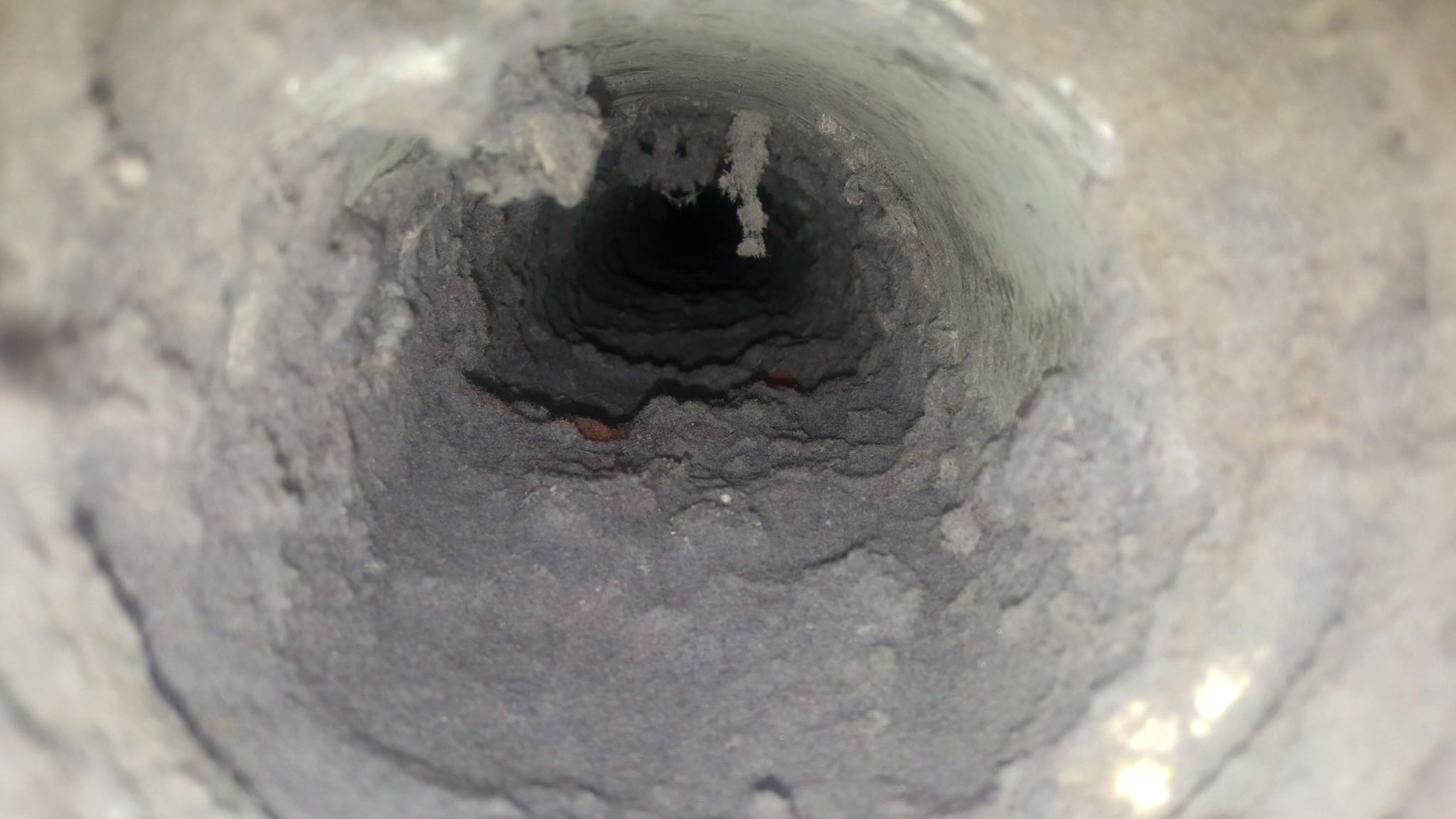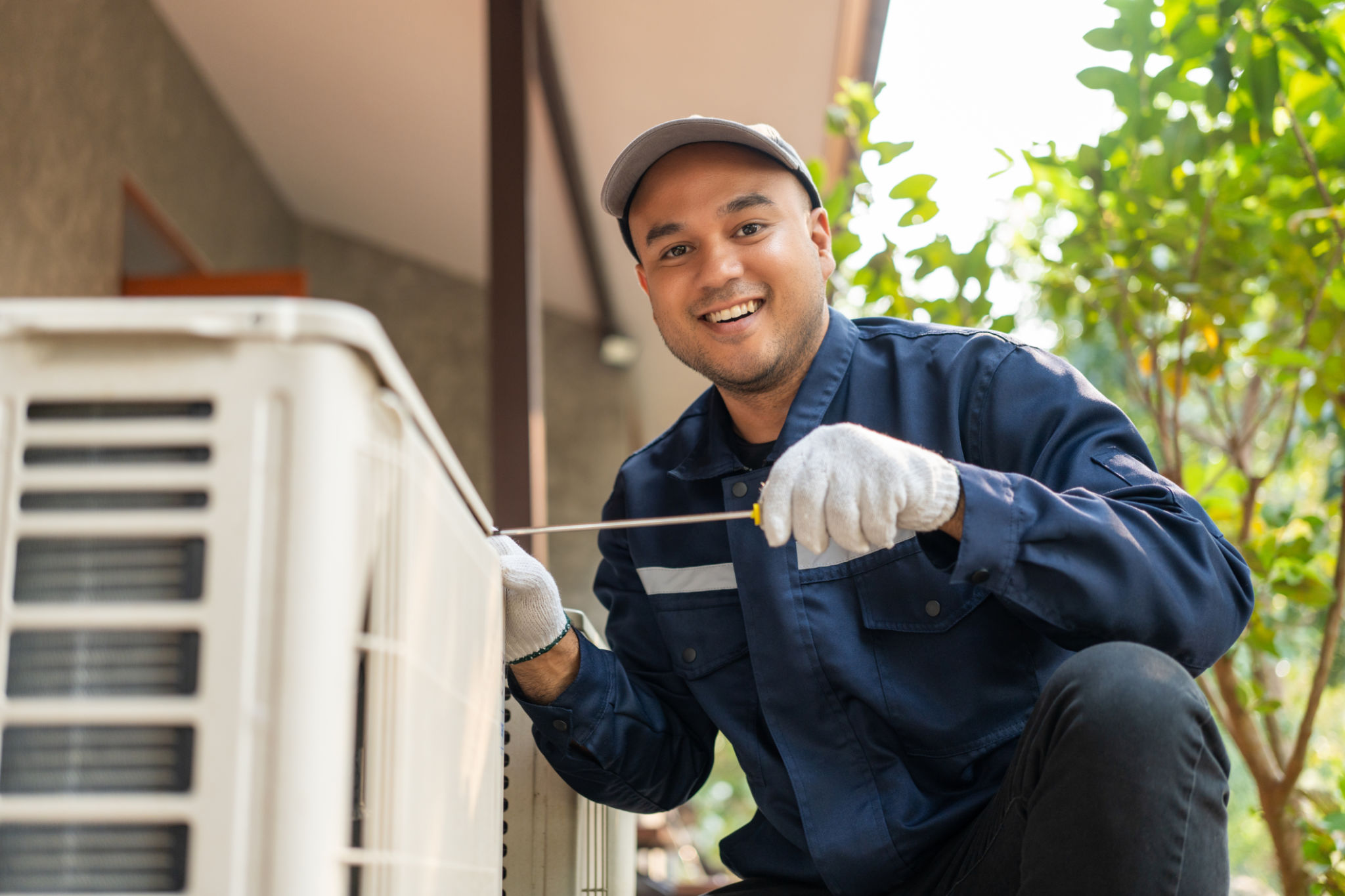DIY HVAC Maintenance: What You Can Do Before Calling a Professional
Understanding the Basics of HVAC Systems
Your HVAC (Heating, Ventilation, and Air Conditioning) system is a crucial component of your home, ensuring comfort through various weather conditions. Understanding its basic components and functions can help you perform simple maintenance tasks that can keep it running efficiently and extend its lifespan.
The core components of an HVAC system include the furnace, air conditioner, ductwork, and thermostat. Each part plays a significant role in maintaining your home's climate. While some issues require professional attention, there are several maintenance tasks you can handle on your own.

Regular Filter Replacement
One of the simplest yet most effective DIY maintenance tasks is regularly replacing your HVAC filters. Dirty or clogged filters can severely impact your system's efficiency, leading to increased energy consumption and wear and tear.
It’s recommended to check your filters monthly and replace them every 1-3 months, depending on usage and filter type. A clean filter improves air quality and ensures your HVAC system runs smoothly, saving you money on energy bills in the long term.

Clearing Debris from the Outdoor Unit
The outdoor unit of your air conditioner can accumulate debris such as leaves, dirt, and grass clippings over time. This buildup can obstruct airflow and reduce your system's efficiency. To prevent this, regularly inspect and clean around the unit.
Use a garden hose to gently rinse off any debris stuck to the exterior of the unit. Make sure to maintain a clearance of at least two feet around the unit to ensure proper airflow.

Inspecting Ductwork for Leaks
Leaky ductwork can lead to significant energy loss and make your HVAC system work harder than necessary. You can perform a basic inspection by examining accessible ducts for any visible gaps or holes.
If you find any issues, sealing them with duct tape or mastic sealant can improve efficiency. However, for extensive ductwork problems, consider calling a professional to assess and repair the damage.
Cleaning Vents and Registers
Over time, dust and debris can accumulate in your home's vents and registers, impeding airflow. Regularly vacuuming these areas helps maintain unobstructed airflow and improves indoor air quality.
Remove the vent covers and use a vacuum with a hose attachment to clean inside the ducts as far as possible. This simple maintenance task can significantly enhance your HVAC system's performance.

Checking the Thermostat
Your thermostat is the control center of your HVAC system. Ensuring it functions correctly is vital for maintaining a comfortable home environment. Check the thermostat settings to confirm they match your desired temperature preferences.
If you have an older, non-programmable thermostat, consider upgrading to a programmable or smart thermostat. These modern devices offer better control over your HVAC system, allowing you to set specific schedules and reduce energy consumption.
When to Call a Professional
While DIY maintenance is essential for keeping your HVAC system in good shape, some issues require professional attention. If you notice unusual noises, persistent performance problems, or increased energy bills despite regular maintenance, it may be time to call an HVAC expert.
Professionals have the tools and expertise to diagnose complex issues and perform necessary repairs or servicing. Regular professional check-ups ensure that your system runs efficiently and can prevent costly breakdowns in the future.

